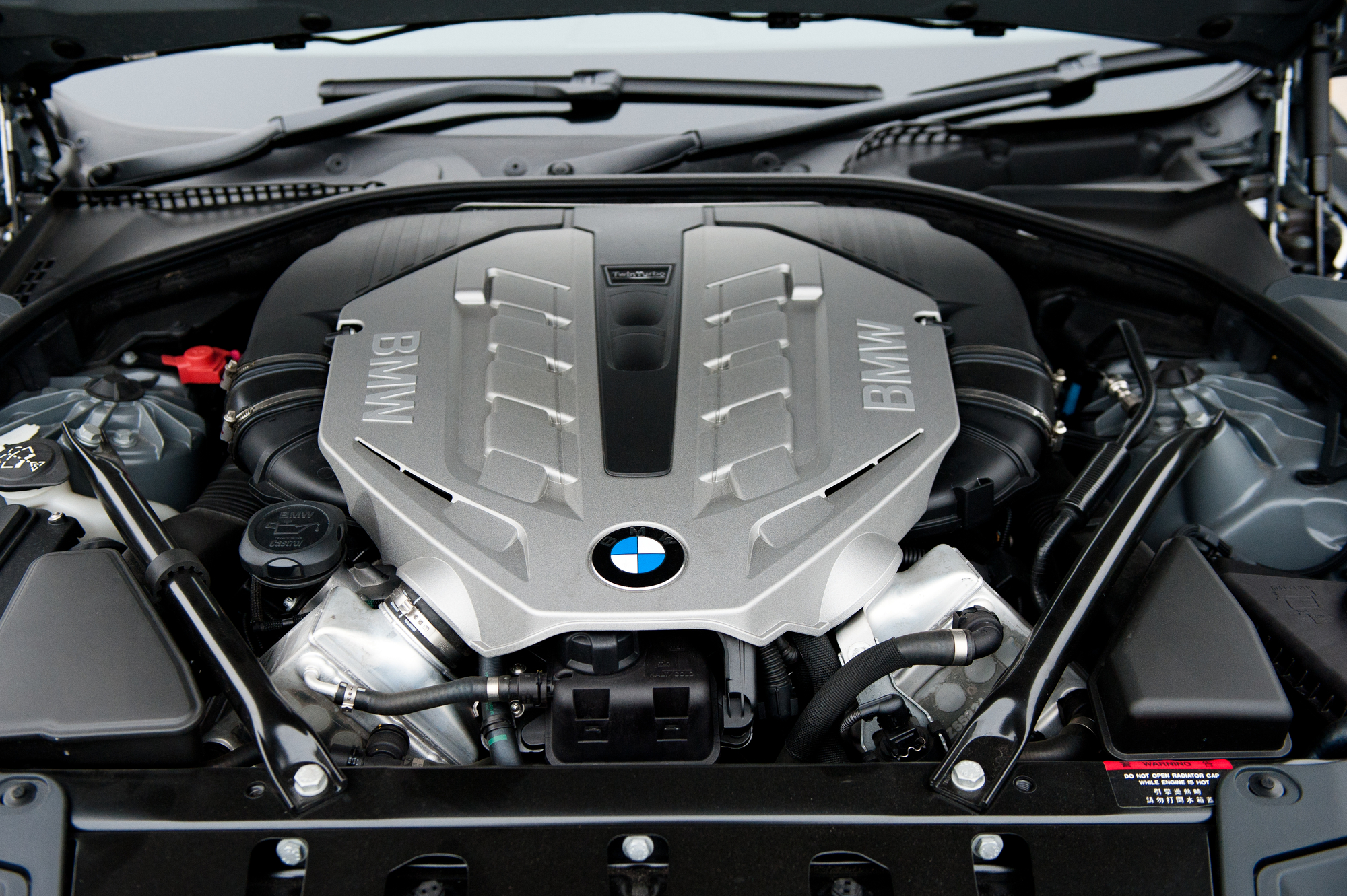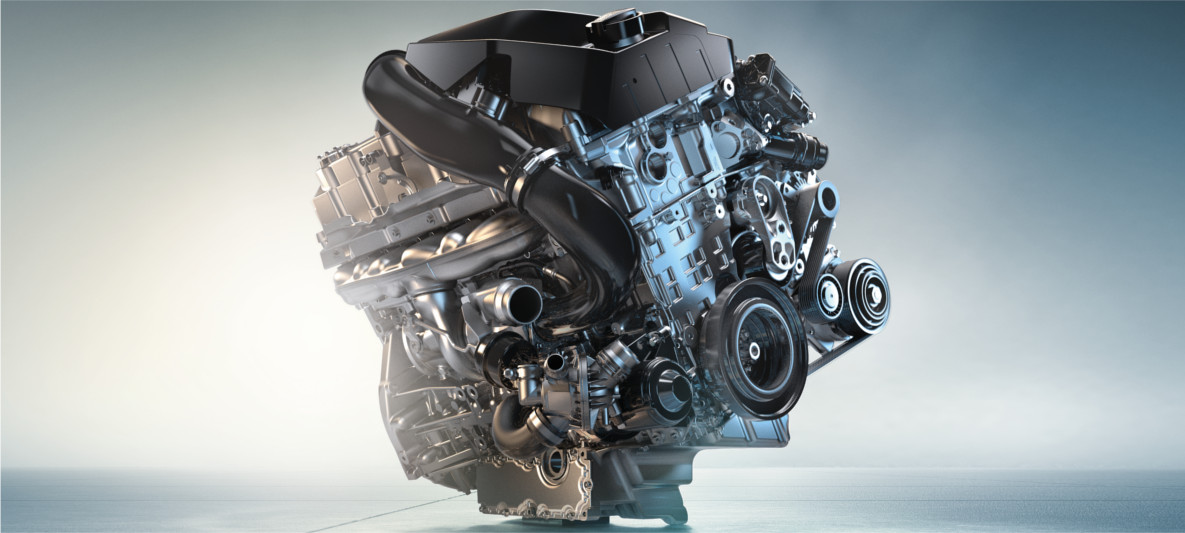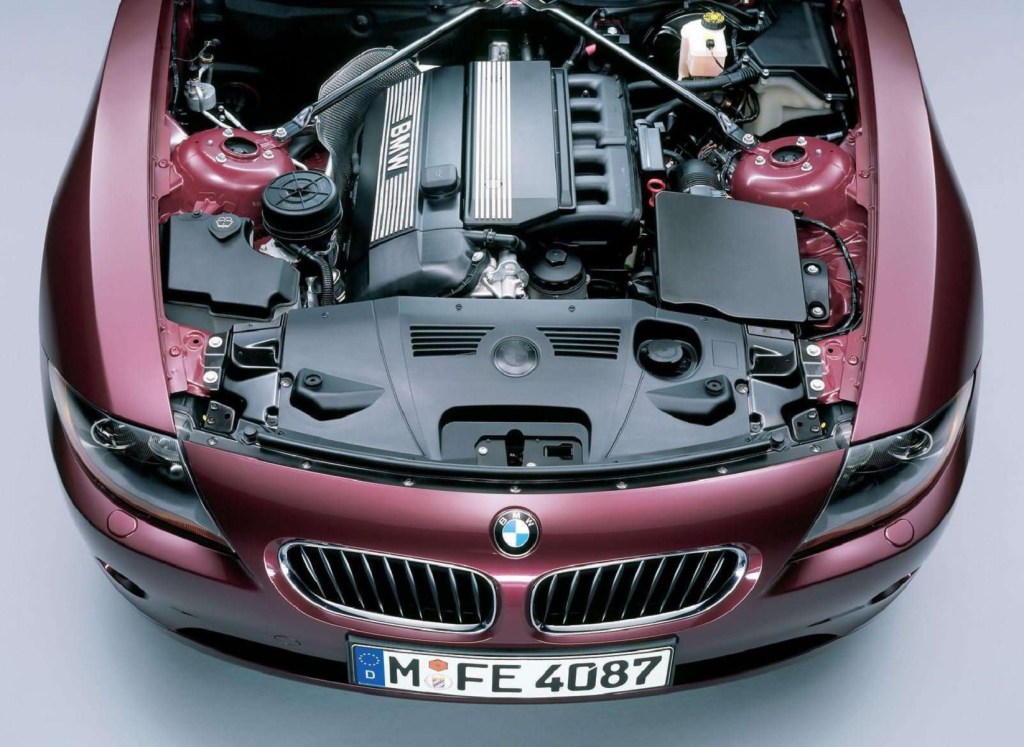The Evolution of the BMW Engine: A Recall at Iconic Versions
The Evolution of the BMW Engine: A Recall at Iconic Versions
Blog Article
Unveiling the Intricacies of Next-Generation Power Units: a Deep Study Advanced Engine Technologies and layouts
In the world of vehicle design, the ruthless pursuit of sustainability, performance, and performance has pushed the advancement of power devices to unmatched elevations. As we depend on the precipice of a new age in transportation, the complexities of next-generation engine styles beckon us to check out the sophisticated innovations and developments that assure to redefine the driving experience. From innovative products that push the boundaries of durability and weight reduction to advanced turbocharging and turbo charging systems that elevate power output to new degrees, each element of these power devices holds an essential to opening the future of vehicle design. Digging deeper right into the worlds of discharge control, intelligent engine administration systems, and the horizon of power device growth, we locate ourselves on the cusp of an improvement that promises to reshape the landscape of mobility as we know it.
Advancement of Engine Products

The shift towards progressed engine materials has actually also enabled designers to design engines with greater power outcomes while maintaining gas efficiency standards. The use of light-weight products minimizes the general weight of the engine, leading to enhanced gas economic situation and reduced discharges. Additionally, developments in products technology have allowed for better thermal administration within engines, resulting in increased reliability and longevity.
Turbocharging and Supercharging Technologies
How do Turbocharging and Supercharging Technologies transform engine efficiency and performance in contemporary vehicles? Supercharging and turbocharging are technologies that substantially boost engine performance by boosting the amount of air intake into the burning chamber. Turbocharging attains this by using a generator driven by exhaust gases to pressurize the consumption air, while supercharging utilizes a belt- or chain-driven compressor to accomplish the very same effect.
These innovations allow smaller sized, more fuel-efficient engines to generate power equivalent to bigger ones, called downsizing. Forcibly more air into the cylinders, turbo charging and turbocharging improve combustion performance, resulting in boosted horsepower and torque outcome without a substantial rise in engine size. This results in far better acceleration, hauling capacity, and total driving efficiency.
Additionally, turbocharging and turbo charging add to enhanced fuel performance by allowing the use of smaller engines that eat much less fuel under typical driving problems - bmw engine. This mix of enhanced efficiency and performance has actually made turbocharging and supercharging essential parts of many contemporary engine layouts
Emission Control and Environmental Influence
With increasing international issues concerning air top quality and ecological sustainability, the implementation of discharge control innovations in cars plays an important duty in reducing hazardous pollutants launched into the ambience. Modern lorries are equipped with advanced discharge control systems that assist lessen home the ecological influence of auto operations. Catalytic converters, as an example, are created to convert hazardous gases such as carbon monoxide, nitrogen oxides, and hydrocarbons into less damaging materials like co2 and water vapor.
Moreover, improvements in engine modern technology, such as the assimilation of exhaust gas recirculation systems and discerning catalytic decrease, have actually substantially added to reducing emissions. These innovations function in tandem to enhance combustion efficiency and minimize the launch of hazardous contaminants into the air. In addition, the advancement of crossbreed and electric lorries stands for a crucial action towards reducing the general environmental impact of the transport industry.
Intelligent Engine Management Equipment

In addition, these systems make it possible for cars to meet rigid exhausts criteria without compromising efficiency, offering an extra eco-friendly driving experience. The assimilation of artificial intelligence and artificial intelligence capacities in engine administration systems remains to press the boundaries of what is feasible, bring about more renovations in effectiveness, reliability, and general lorry performance. bmw engine. As auto technology breakthroughs, intelligent engine administration systems will certainly play an essential duty fit the future of transport in the direction of a more lasting and reliable instructions
Future Trends in Power Device Growth
As smart engine management systems lead the way for boosted control and optimization in modern automobiles, future patterns in power system growth are positioned to redefine the landscape of vehicle propulsion innovations. Among the vital trends driving development in power system growth is the change towards electrification. With an enhancing focus on sustainability and minimizing carbon exhausts, hybrid and electrical powertrains are ending up being extra widespread in the auto sector. These different power resources offer improved efficiency and performance while aligning with stringent ecological guidelines.
Another substantial pattern is the assimilation of innovative materials and making methods. Light-weight products such as carbon fiber and light weight aluminum are being made use of to minimize total lorry sites weight, enhancing gas efficiency and efficiency. Furthermore, advancements in 3D printing and additive production are making it possible for the production of complicated engine elements with higher accuracy and resilience.
Additionally, expert system and machine learning are playing a critical function in maximizing power system performance. These modern technologies enable real-time monitoring and adaptive control, leading to extra reliable and effective power shipment. Overall, future fads in power system advancement are tailored in the direction of efficiency, sustainability, and efficiency, driving the automobile sector towards a brand-new age of propulsion technologies.

Verdict
In verdict, the improvements in engine products, turbocharging, discharge control, and smart administration systems have led the means for next-generation power devices. The detailed styles and advancements in modern-day engines display the ongoing evolution of automobile technology.
Checking out the modern developments in engine materials has been pivotal in improving the efficiency and performance of modern-day engines. Over the years, the evolution of engine products has played a vital duty in pushing the limits of what engines can accomplish.The shift towards advanced engine materials has actually also made it possible for designers to create engines with greater power results while article source maintaining fuel effectiveness requirements.The application of intelligent engine administration systems in modern lorries has actually transformed the method engines are managed and optimized for performance and effectiveness. By collecting data in real-time and evaluating it with advanced algorithms, smart engine monitoring systems can adjust to driving designs, ecological aspects, and engine health and wellness to make best use of power result while reducing fuel consumption and emissions.
Report this page